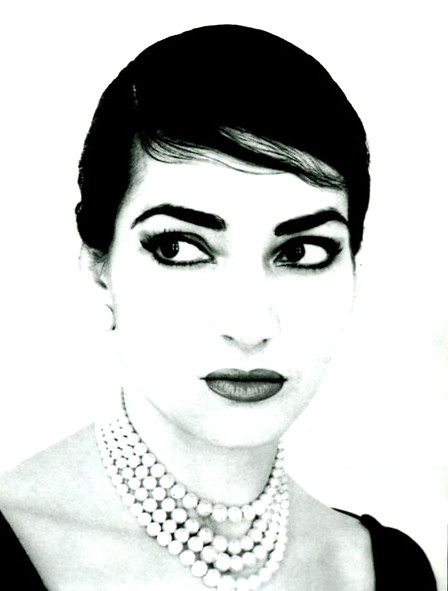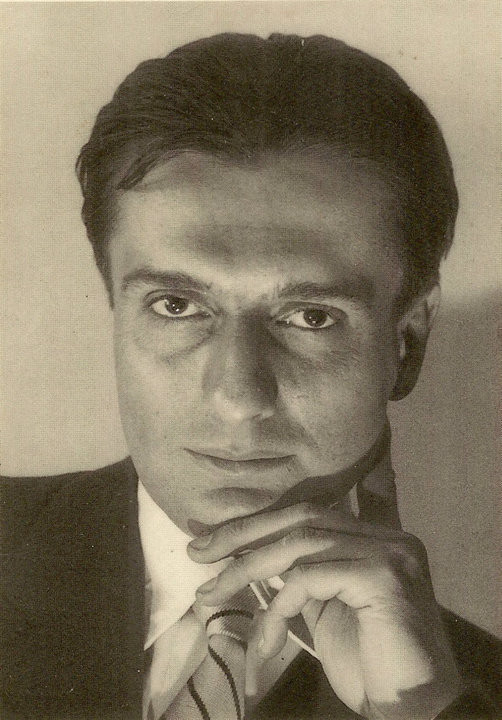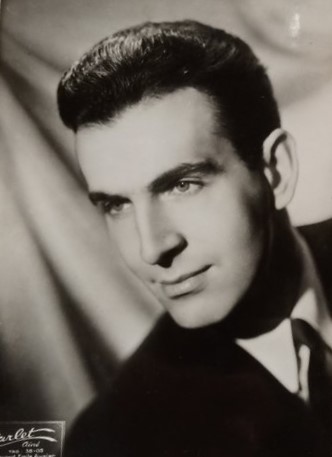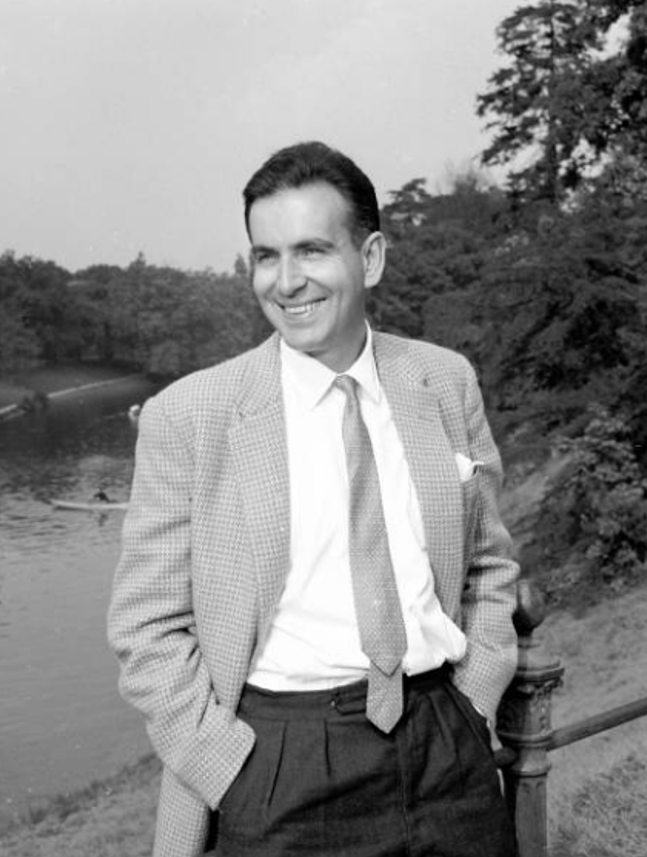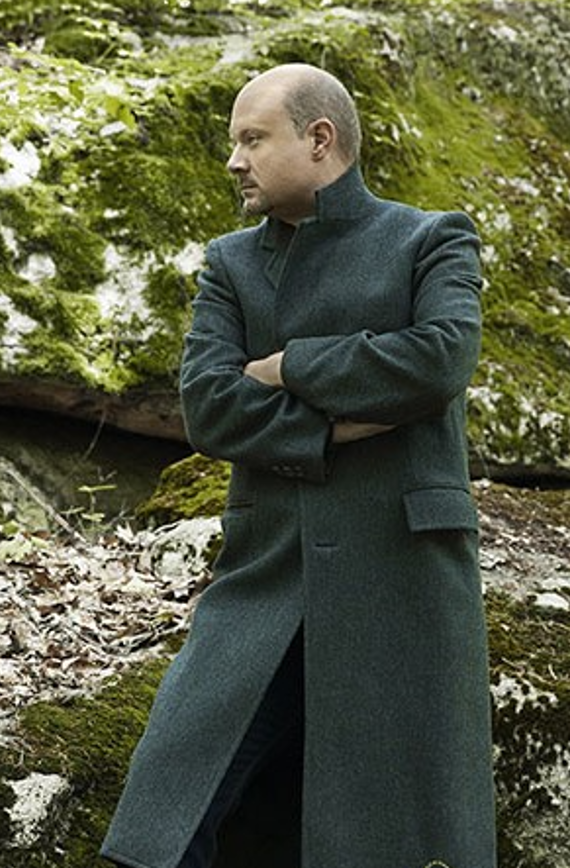Episode 253. Randall Scarlata Introduces Gérard Souzay
SOCIAL SHARE
SUBSCRIPTION PLATFORM
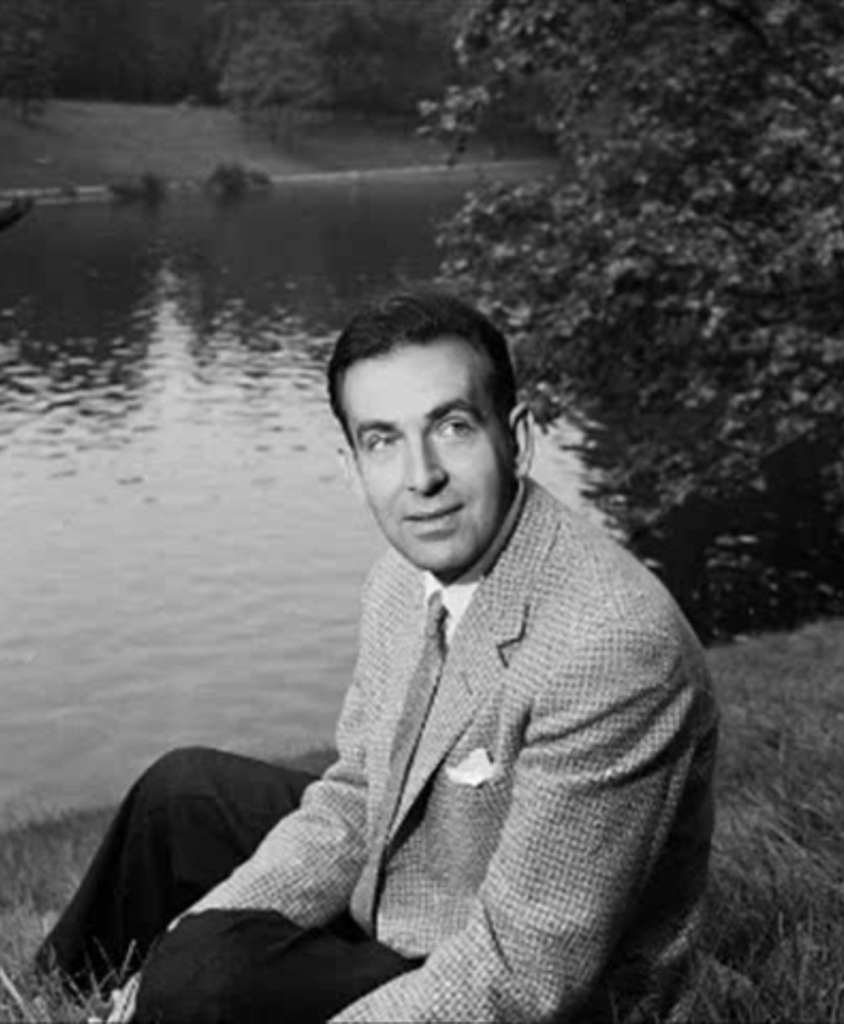
The French baritone Gérard Souzay was born Gérard Tisserand on 8 December 1918 and died in Antibes on 17 August 2004. This episode celebrates his 101st birthday by exploring his recorded legacy, with particular emphasis on his earliest recordings. Repertoire by Jaime Ovalle, César Franck, Robert Schumann, Franz Schubert, Maurice Ravel, Henry Purcell, and Claude Debussy (including an excerpt from his 1955 radio performance of Golaud in Pelléas et Mélisande). We also hear performances by his teachers and mentors Claire Croiza, Vanni-Marcoux, Pierre Bernac, and Lotte Lehmann, as well as his sister, Geneviève Touraine. I make my best effort to argue the case of Souzay’s artistic importance, his continuing significance, and the unique qualities of his artistry.
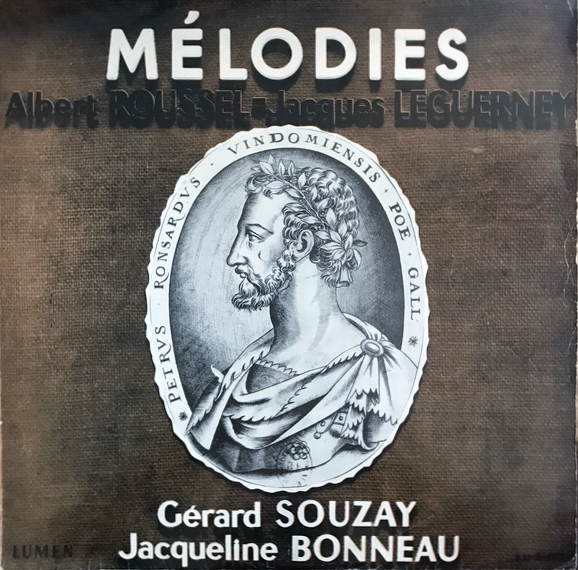
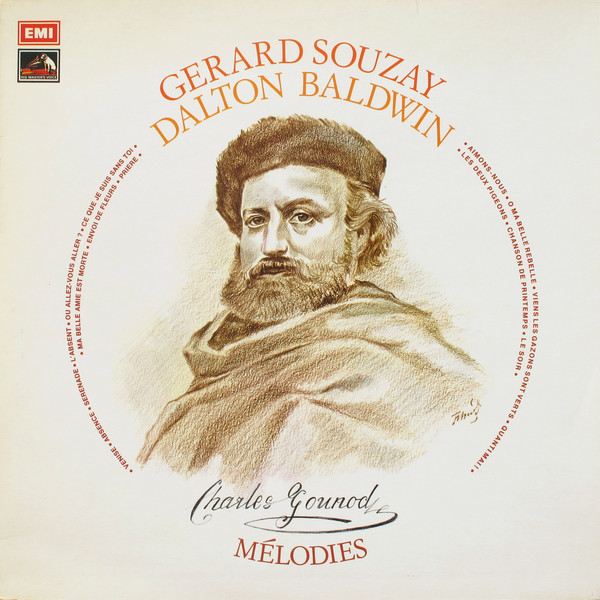
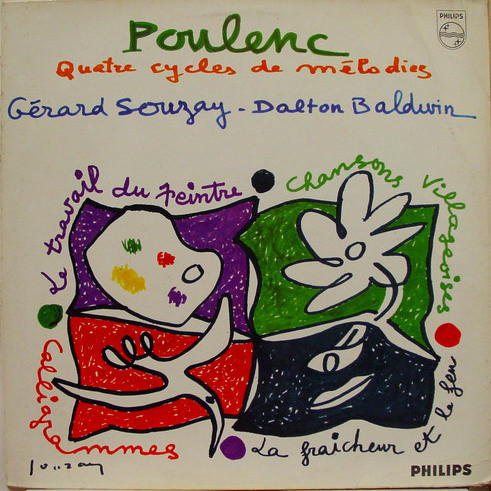
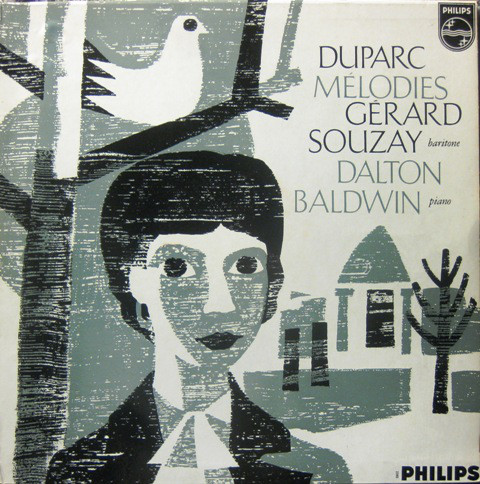
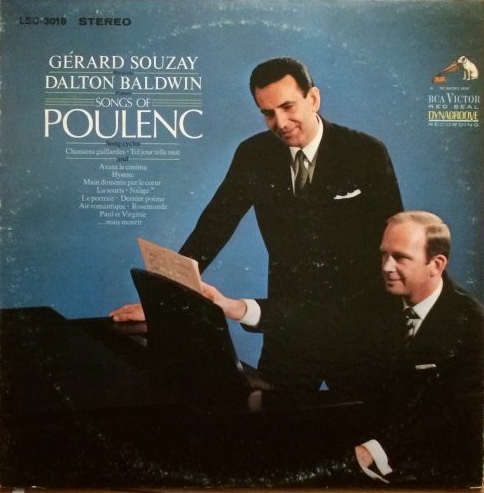
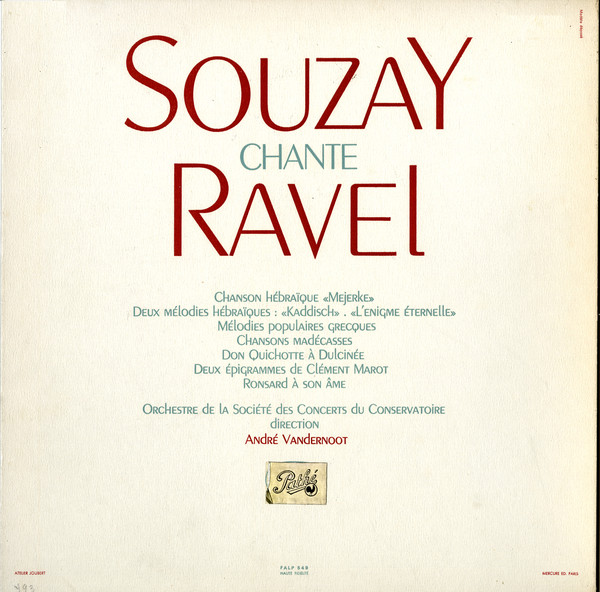
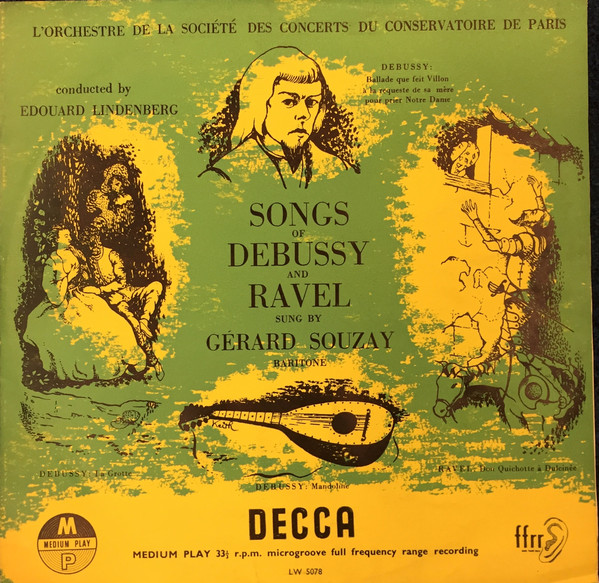
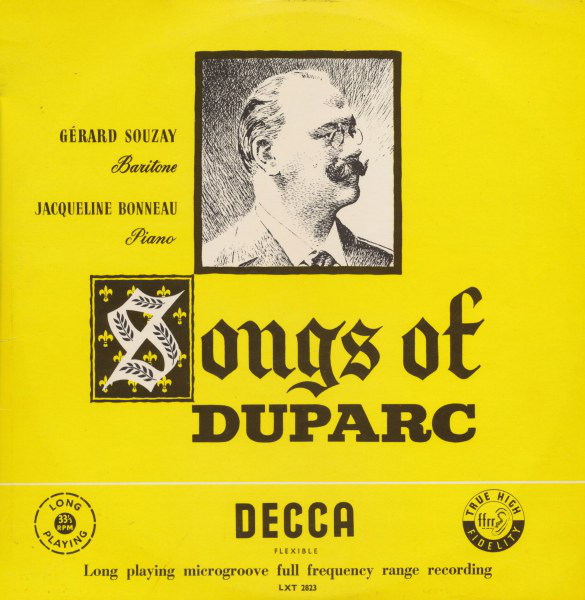
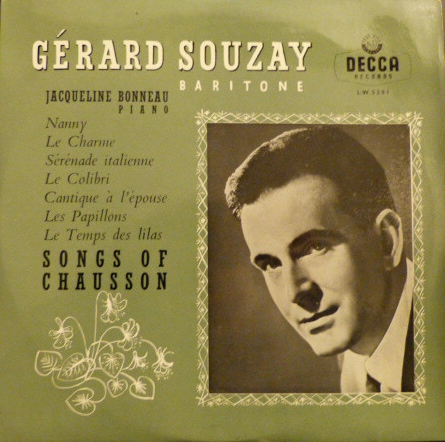
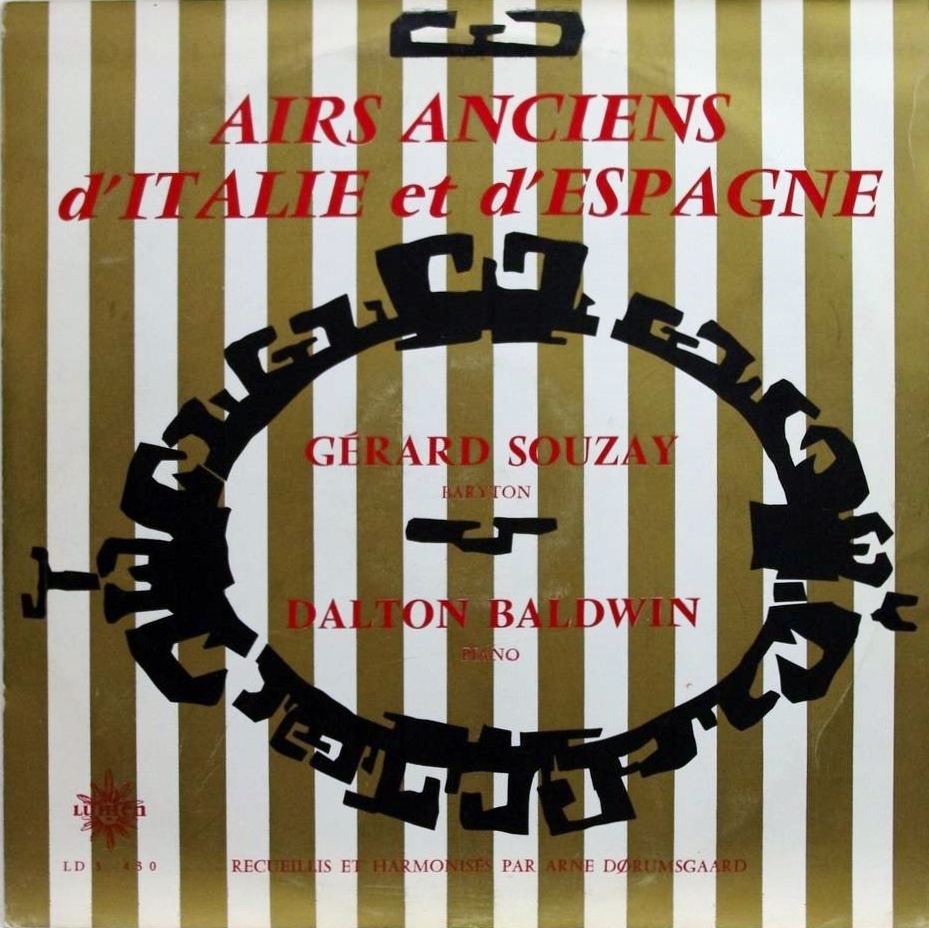
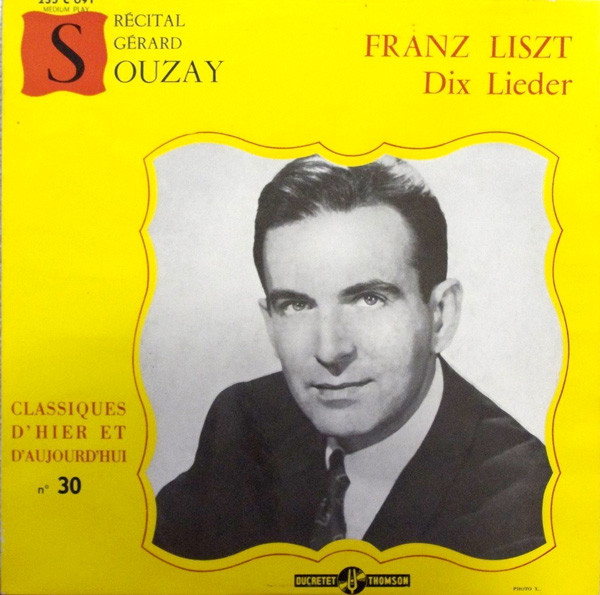
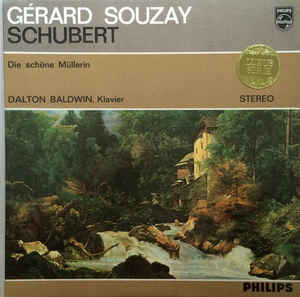
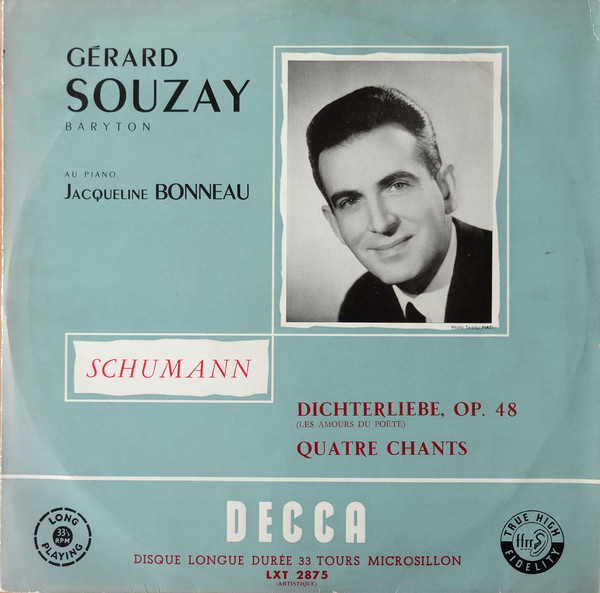
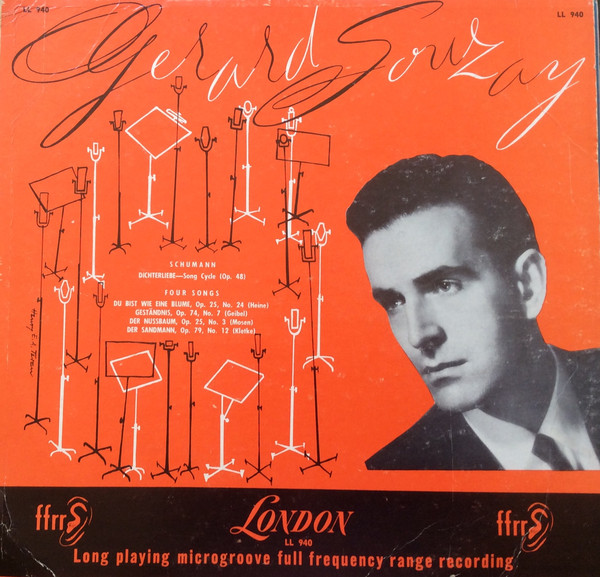
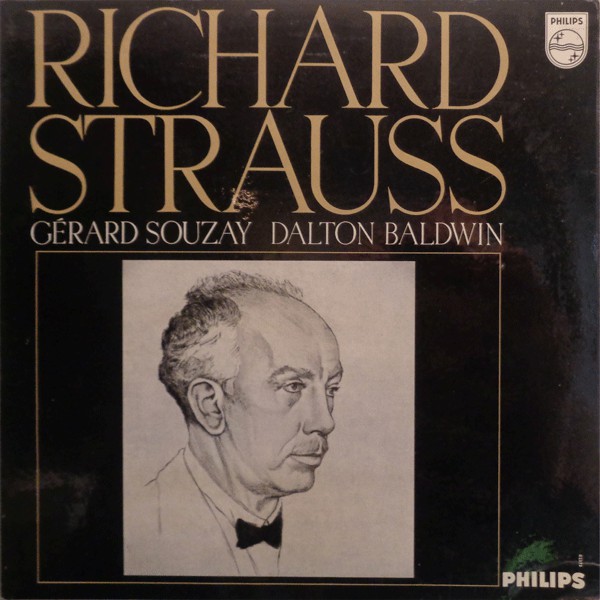
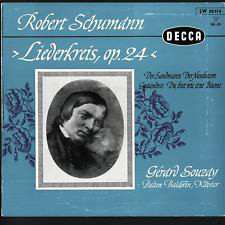
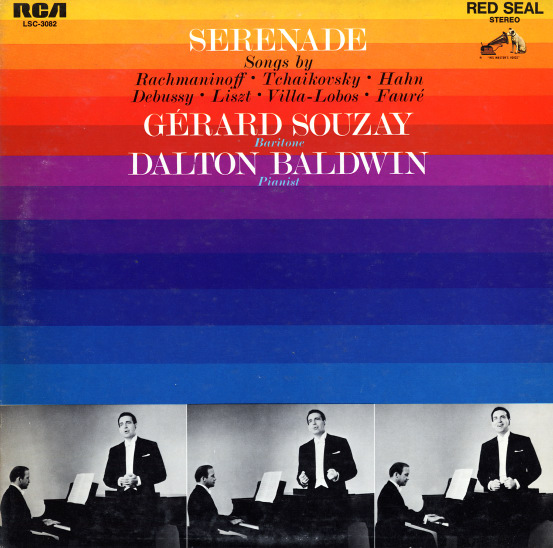
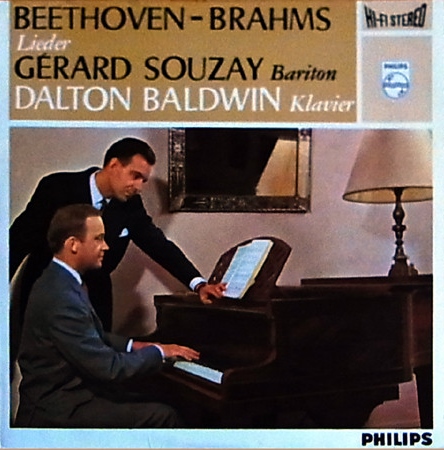
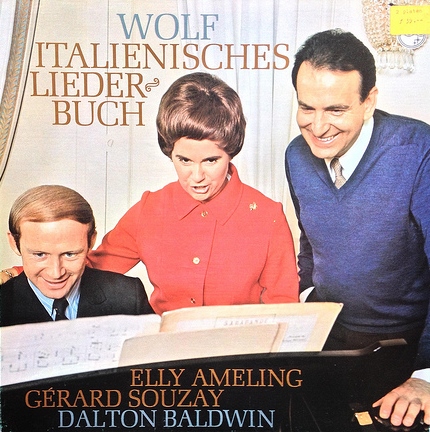
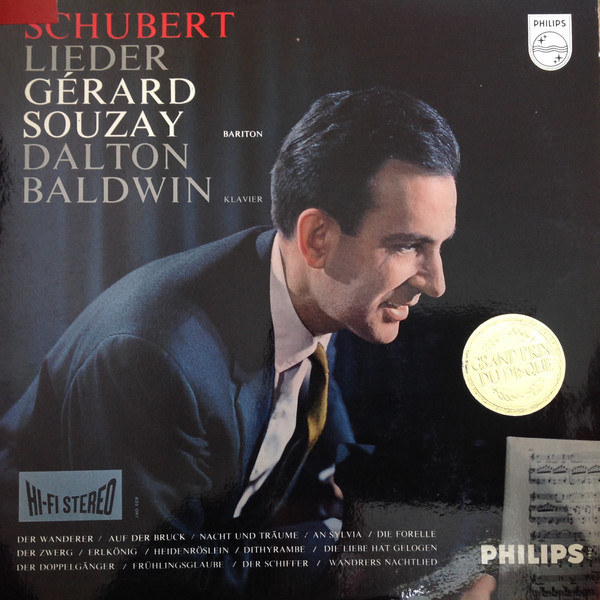
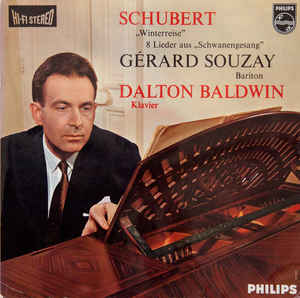
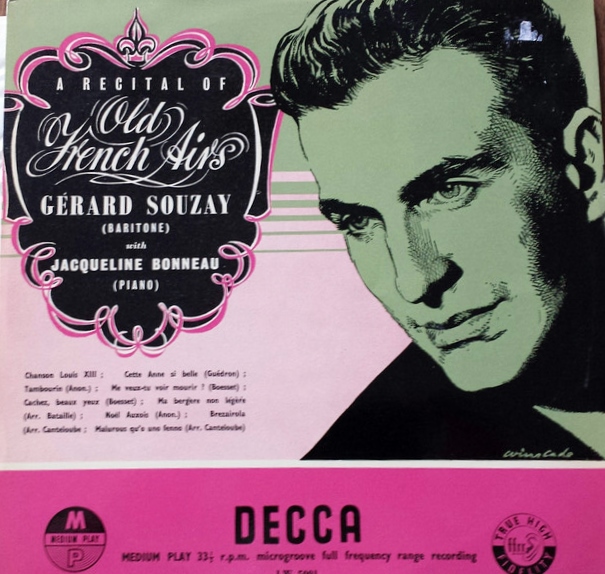
RECORDINGS HEARD IN THIS EPISODE
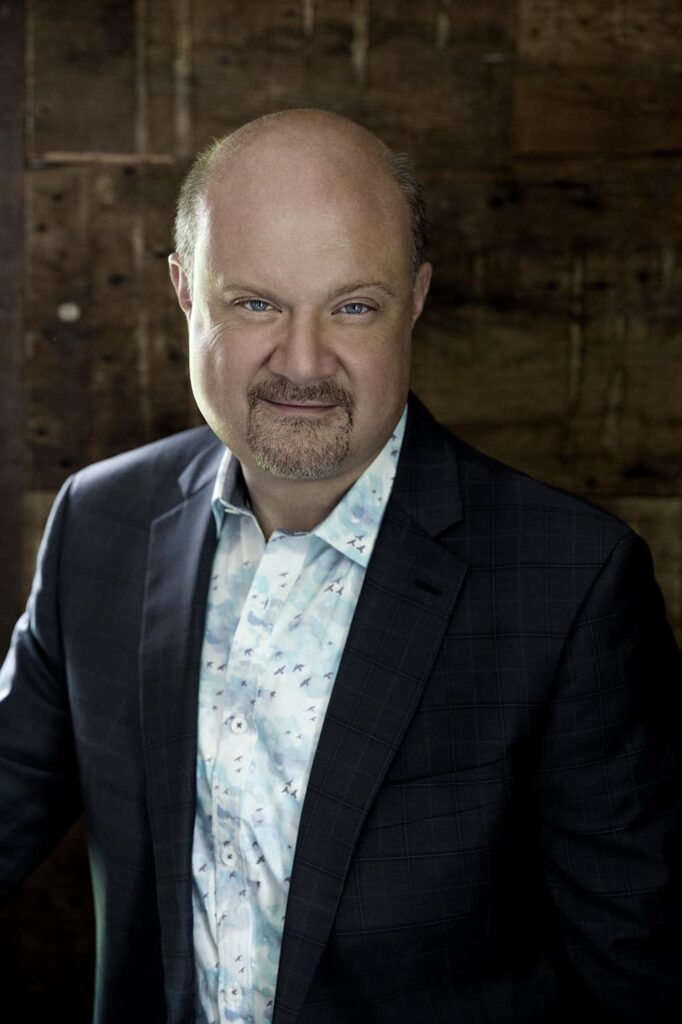
Benjamin C. S. Boyle, Paul Valéry: Les pas (Le passage des rêves, No. 2). Randall Scarlata, Laura Ward [2017]

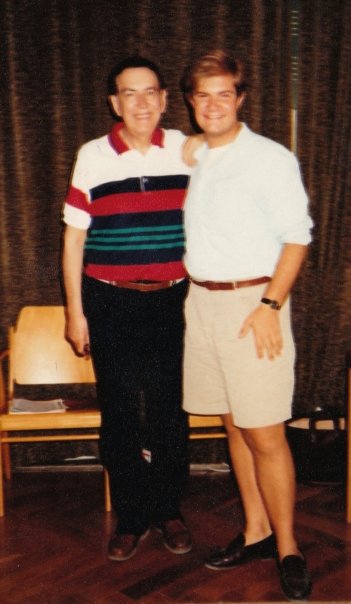
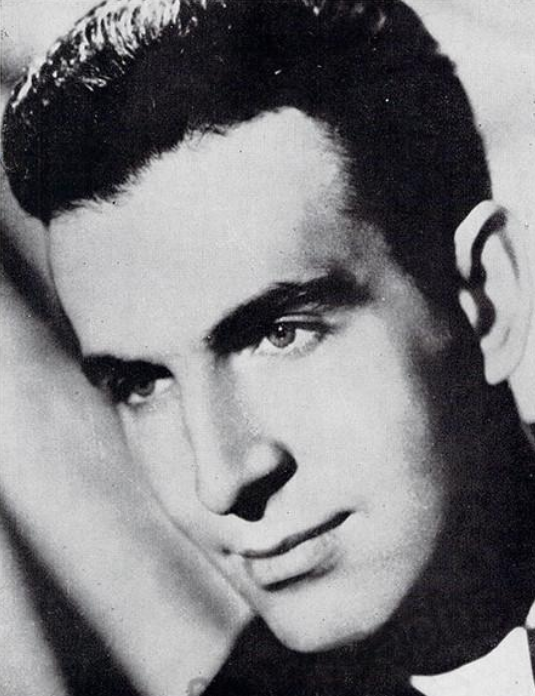
Antoine Boësset: Cachez, beaux yeux (arr. Arne Dørumsgaard). Gérard Souzay, Jacqueline Bonneau. [1953].
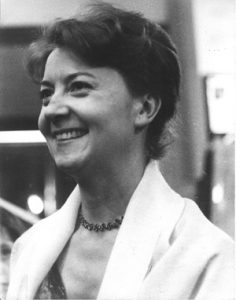
Along with Irène Aïtoff and Janine Reiss, Jacqueline Robin-Bonneau was one of the most important French collaborative pianists of the 20th century. If you understand French, I recommend listening to this 2016 radio interview with her son Christian in which he discusses his mother.
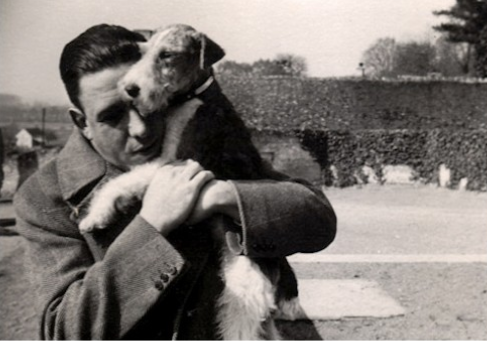
Francis Poulenc, Louise de Vilmorin: Fleurs (Fiançailles pour rire). Geneviève Touraine, soprano; Francis Poulenc, piano. Touraine (1903-1982) was Souzay’s elder sister. Among her other contributions, she created the referenced Poulenc cycle in 1942 and recorded it (again with the composer) several years later. In all my online digging, I have yet to find an actual photograph of Mme. Touraine, so I offer instead a picture of Poulenc and his doggie, as well as the cover of the 1955 US issue on the Haydn Society label of the recording in question.
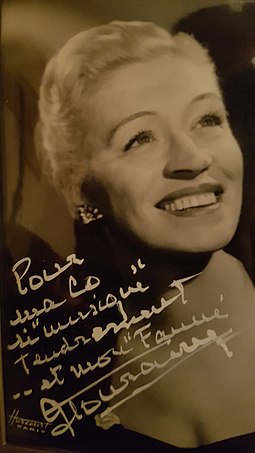
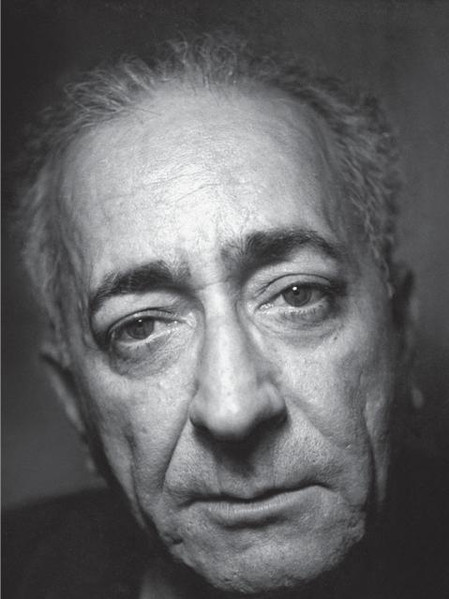
Jaime Ovalle: Azulão. Gérard Souzay, Dalton Baldwin. Recorded 1958; originally issued on World of Song (Capitol Records SG-7224 / Songs of Many Lands HMV ALP 1709). As with so many of Souzay’s greatest recordings, I get very emotional listening to this. How he can take a song of such simplicity and by the most subtle of means transform it into a transcendent experience is a gift granted to very few artists. If you can listen to this without weeping, you’re a stronger woman than I am!
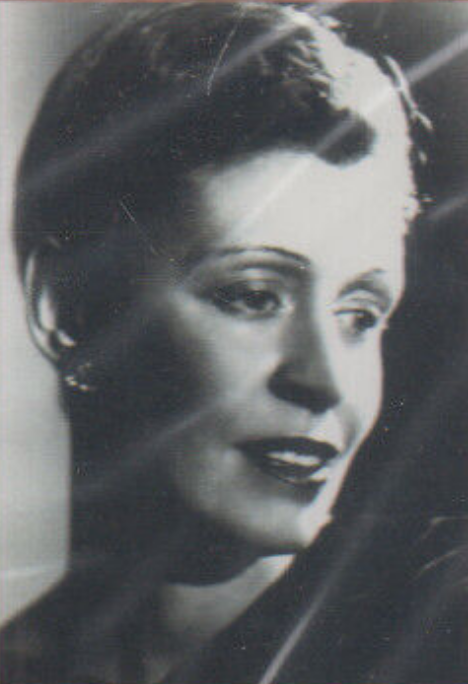
Henry Purcell: My Dearest, My Fairest (Geneviève Touraine, soprano; Gérard Souzay, baritone; Irène Aïtoff). Recorded 1949, Boîte à Musique BAM 77. My copy of this is from a long-deleted double-CD on the Lys label entitled Frère et Sœur en musique which also includes some of Souzay and Touraine’s rarest solo material.
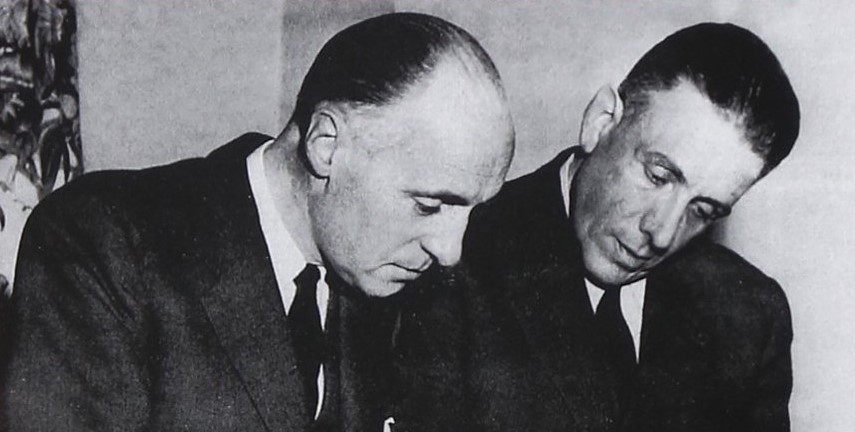
Charles Gounod: Viens, les gazons sont verts. Pierre Bernac, baritone; Francis Poulenc, piano. From a BBC recording first broadcast on 9 October 1957 and reissued on The Essential Pierre Bernac (Testament Records SBT 3161).
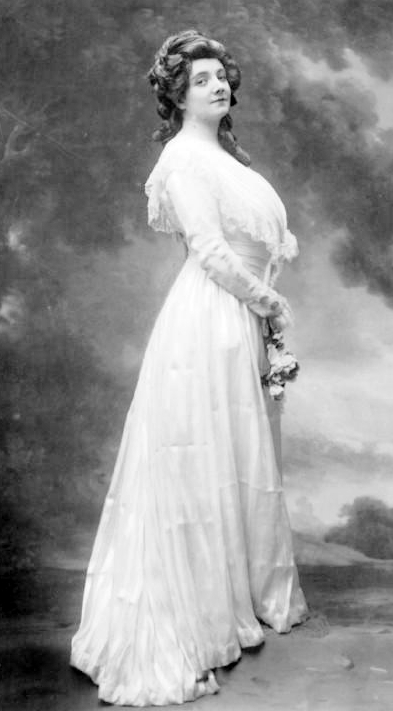
Francis Poulenc: Le dromadaire (Le bestiaire). Claire Croiza, Francis Poulenc. Recorded April 1928, Columbia D15041. Claire Croiza (1882-1946) was a singer of enormous importance. In the first part of her career, she sang an enormous operatic repertoire, yet of all her recordings, made between 1927 and 1936, the only opera excerpt she recorded was her very first: Geneviève’s scene from Pelléas et Mélisande. Far more significant from our perspective, are her recordings of the most important contemporary French composers (including Poulenc, Roussel, Milhaud, and Honegger), many of which she created. Her complete recorded output has been reissued on the Marston label.
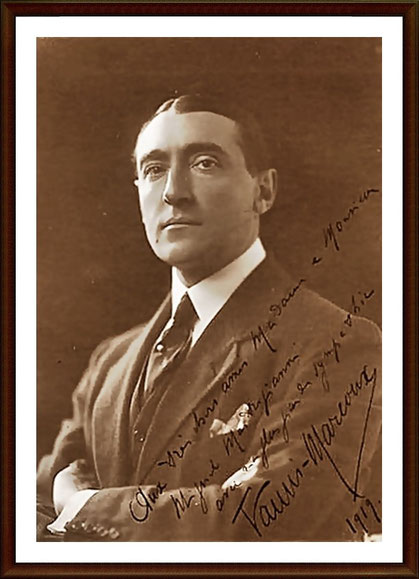
Claude Debussy: Une grande innocence (Pelléas et Mélisande). Vanni-Marcoux (Golaud); Piero Coppola, conductor. Recorded 6 October 1927. I wish I had time to describe the enormous contribution that Vanni-Marcoux (1877-1962) made to singing. An enormously handsome man, he was transformed into each operatic character he sang in an almost Chaliapinesque manner. But he sang mélodies with equal aplomb and distinction and even chansons, (please listen to the podcast if you are unsure about the distinction between mélodie and chanson!) In his finale recording, made in 1955, of romances by Paul Delmet, he was accompanied by Irène Aïtoff. As with Croiza, his complete recordings have been handsomely reissued by Marston Records.
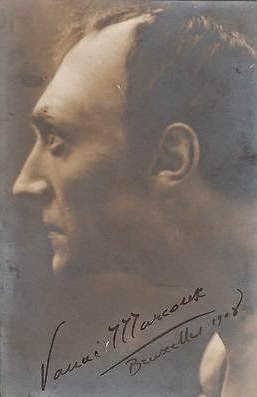
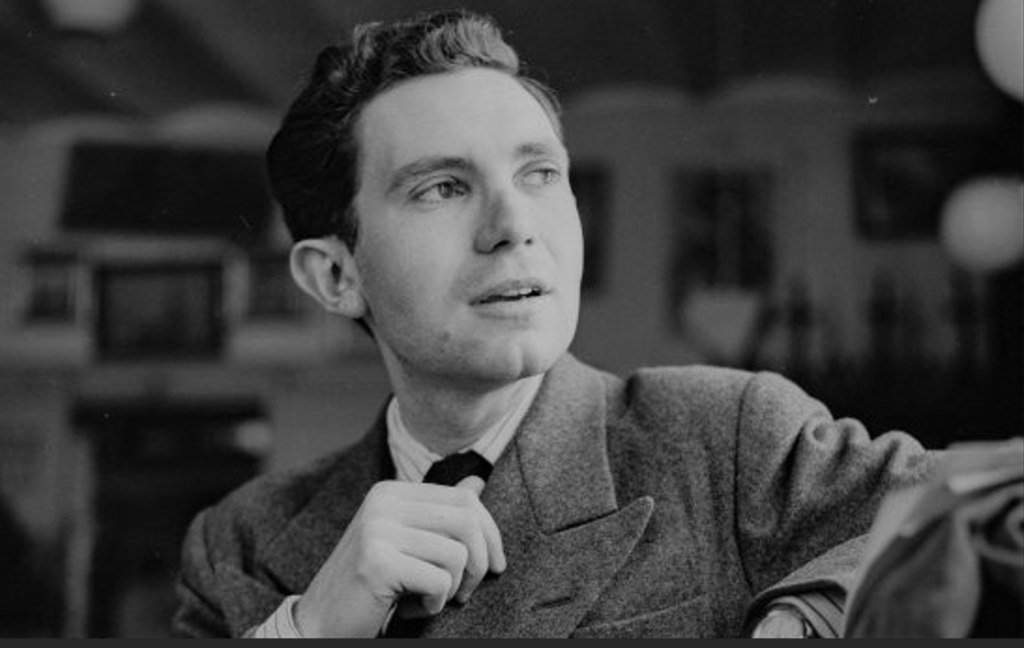
César Franck : Nocturne (text by Louis de Fourcaud). Gérard Souzay, Jean-Michel Damase. Originally recorded for Decca Records, 26 June 1947, Matrix number AR 11406-1. Take rejected and finally issued in 1999 on the now-deleted Dutton Laboratories / Vocalion Records release Gérard Souzay: The Early Recordings (7036). The text of this exquisite song is below the reproduction of the album cover.
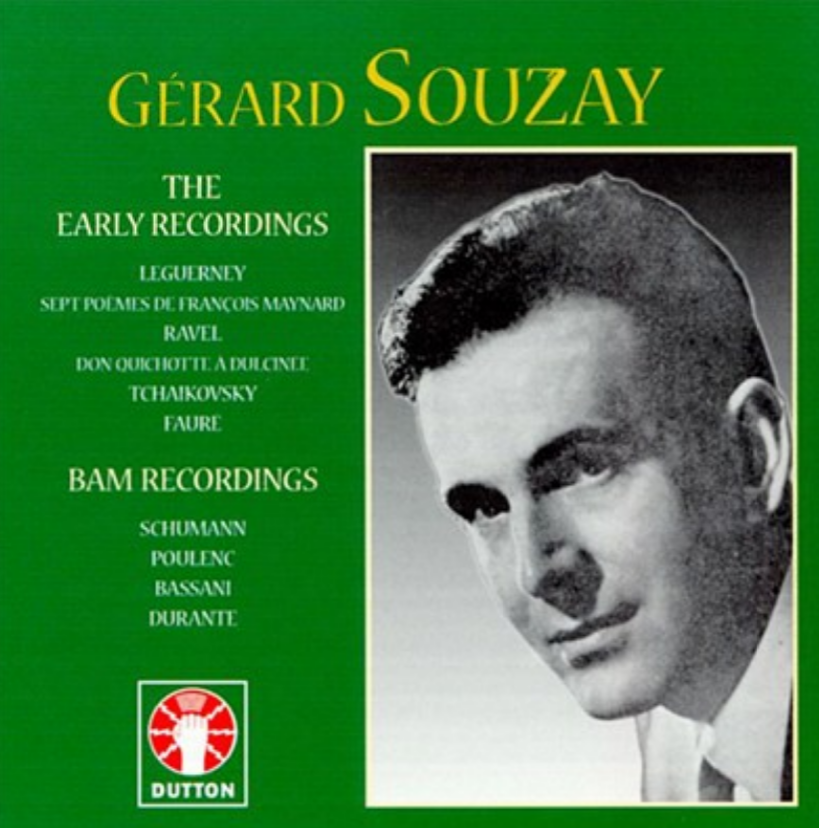
Verse 1: Ô fraîche Nuit, / Nuit transparente, / Mystère sans obscurité, / La vie est noire et dévorante. / Ô fraîche Nuit, / Nuit transparente, / Donne-moi ta placidité. Verse 2: Ô belle Nuit, / Nuit étoilée, / Vers moi tes regards sont baisées. / Éclaire mon âme troublée, / Ô belle Nuit, / Nuit étoilée, / Mets ton sourire en mes pensers. Verse 3: Ô sainte Nuit, / Nuit taciturne, / Pleine de paix et de douceur. / Mon coeur bouillone comme une urne. / Ô sainte Nuit, / Nuit taciturne, / Fais le silence dans mon coeur. Verse 4: Ô grande Nuit, / Nuit solemnelle, / En qui tout est délicieux, / Prends mon être entier sous ton aile. / Ô grande Nuit, / Nuit solemnelle, / Vers le sommeil en mes yeux.
Verse 1: Oh cool night, / Transparent night, / mystery without darkness. / Life is black and devouring. / Oh cool night, / Transparent night, / grant me your calmness. Verse 2: Oh lovely night, / Starry night, / your eyes look down upon me. / Enlighten my troubled soul, / Oh lovely night, / Starry night. / Put your smile into my thoughts. Verse 3: Oh holy night, Silent night, / full of peace and tenderness. / My heart is boiling like an urn. / Oh holy night, Silent night, / Place silence in my heart. Verse 4: Oh, mighty night, / Solemn night, / in which everything is delightful, / Take my entire being under your wing. / Oh mighty night, / Solemn night, / pour sleep into my eyes.
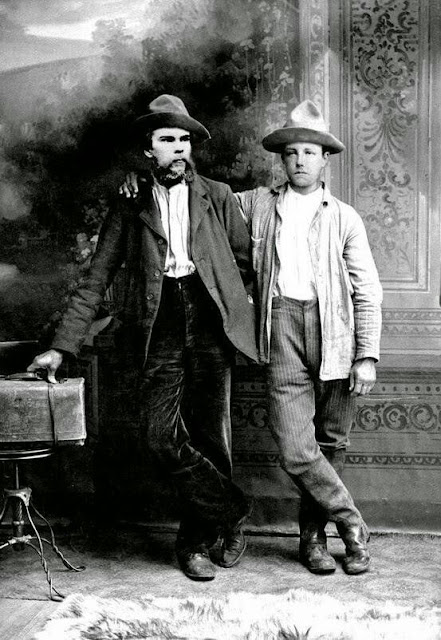
and antagonist, Arthur Rimbaud
Claude Debussy: Colloque sentimentale (Fêtes Galantes II) (text by Paul Verlaine). Gérard Souzay, baritone; Jacqueline Bonneau, piano. Decca Records, K 2171. Recorded 27 October 1947. Reissued on the now out-of-print 1999 Pearl Records release: Gérard Souzay: Mélodies and Lieder. The earliest material on this CD has never been reissued elsewhere, including this early 78-issued performance of the complete Fêtes Galantes II cycle . Though he recorded the set again in 1961 (on Deutsche Grammophon; reissued, infamously, on LP as “Chansons” in the 1980s) and again in 1971, this is a beautifully-vocalized, youthful performance of a momentously sad poem.
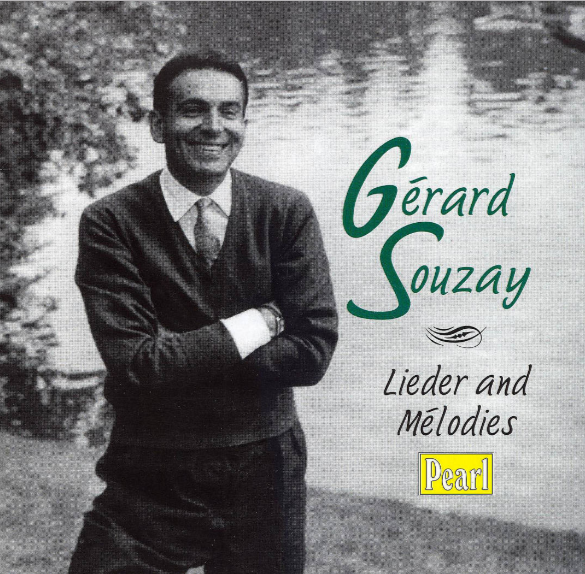
BTW, If you want to hear an unbelievable recording of the poem, please follow this link to hear it recited by Maria Casarès and Gérard Philipe. (If you don’t know who these persons are, for the love of God, google them!)
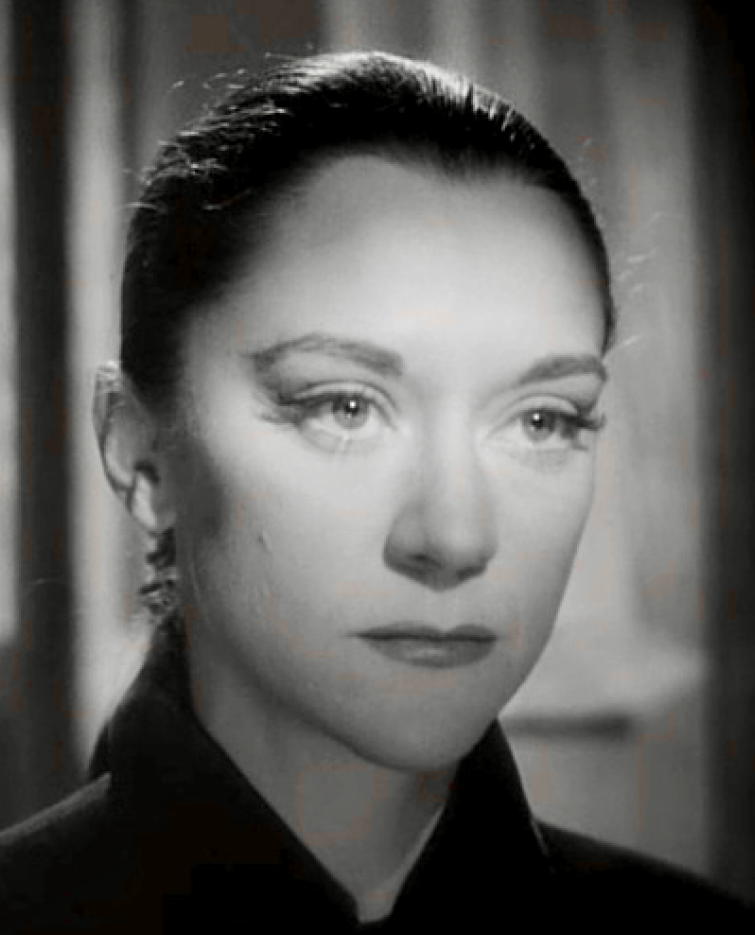
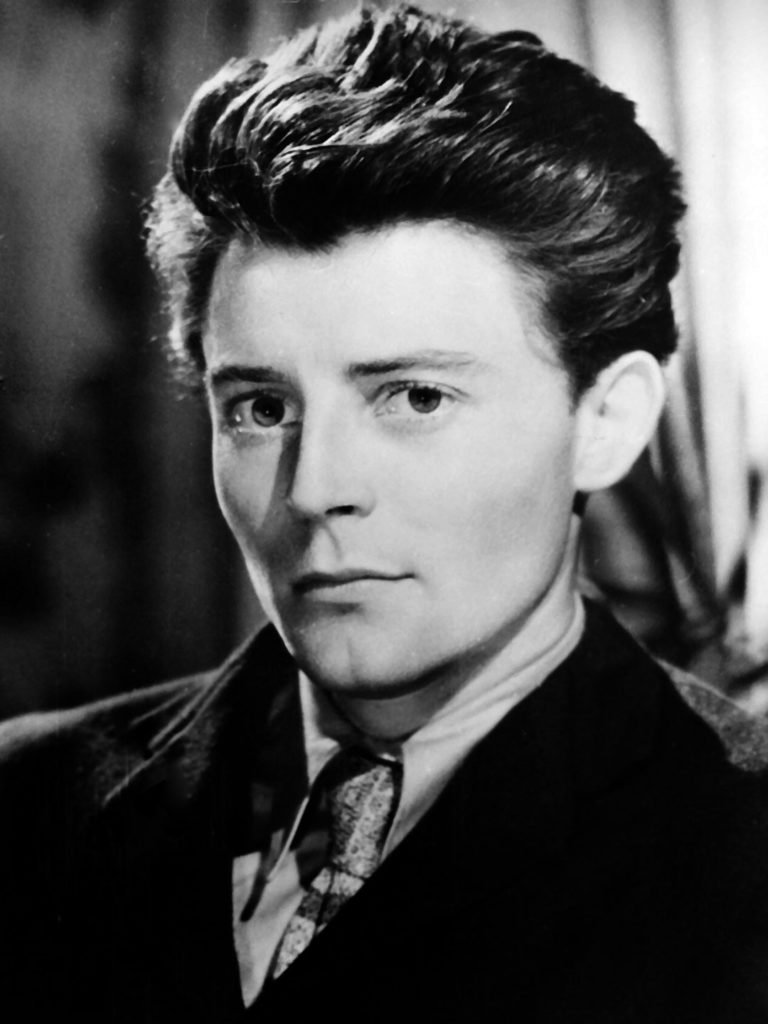
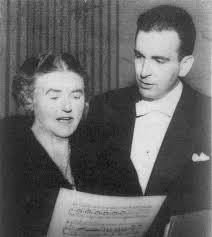
Ludwig Van Beethoven: Ich liebe dich. Lotte Lehmann, Ernö Balogh [1936, Victor Records, 1995A]. When I have time, I will devote hours and hours to this great, spontaneous, generous artist. Her singing has enhanced my life as have very few others. For now, a photo of Lehmann and Souzay together. They both admired each other enormously, and rightly so, for they were both romanticists, and enormously instinctive interpreters.
Gérard Souzay speaks. I have no idea where this clip comes from (the YouTube clip simply says “Comments to Student 1983”; more than that, I know not!), but it is worth its weight in gold, I think.
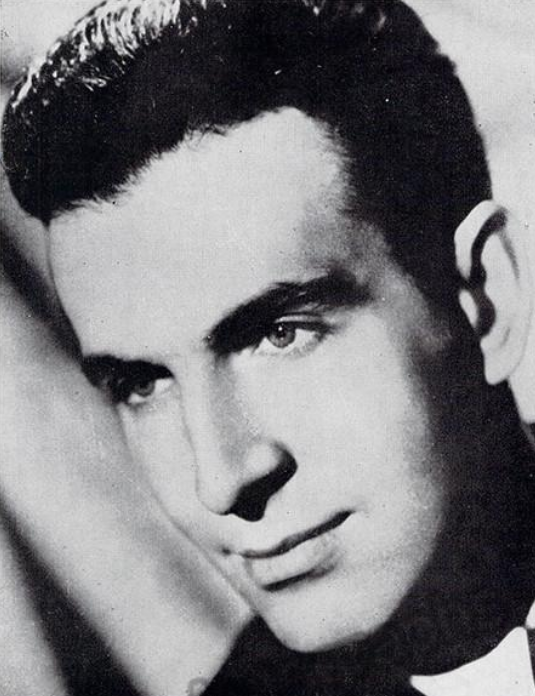
Robert Schumann: Der Sandmann (from the Liederalbum für die Jugend, Op. 79), Gérard Souzay, Jacqueline Bonneau. Recorded April 1949, Boîte à Musique 70. Its sole CD issue is the Dutton/Vocalion one cited above. I am charmed and moved by Souzay’s fine-tuned characterization of the Sandman, who brings sleep to children at bedtime by sprinkling sand into their eyes.
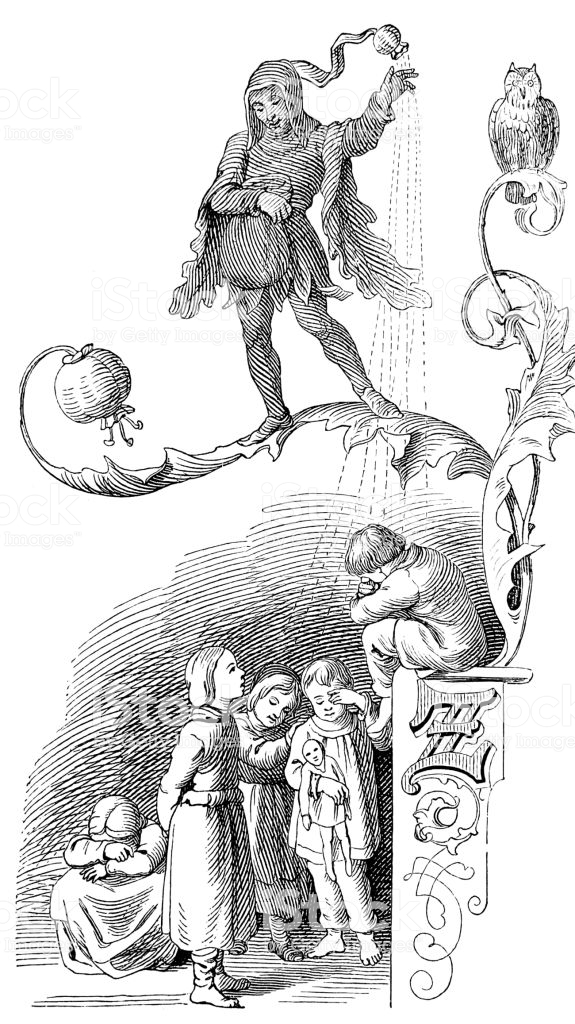
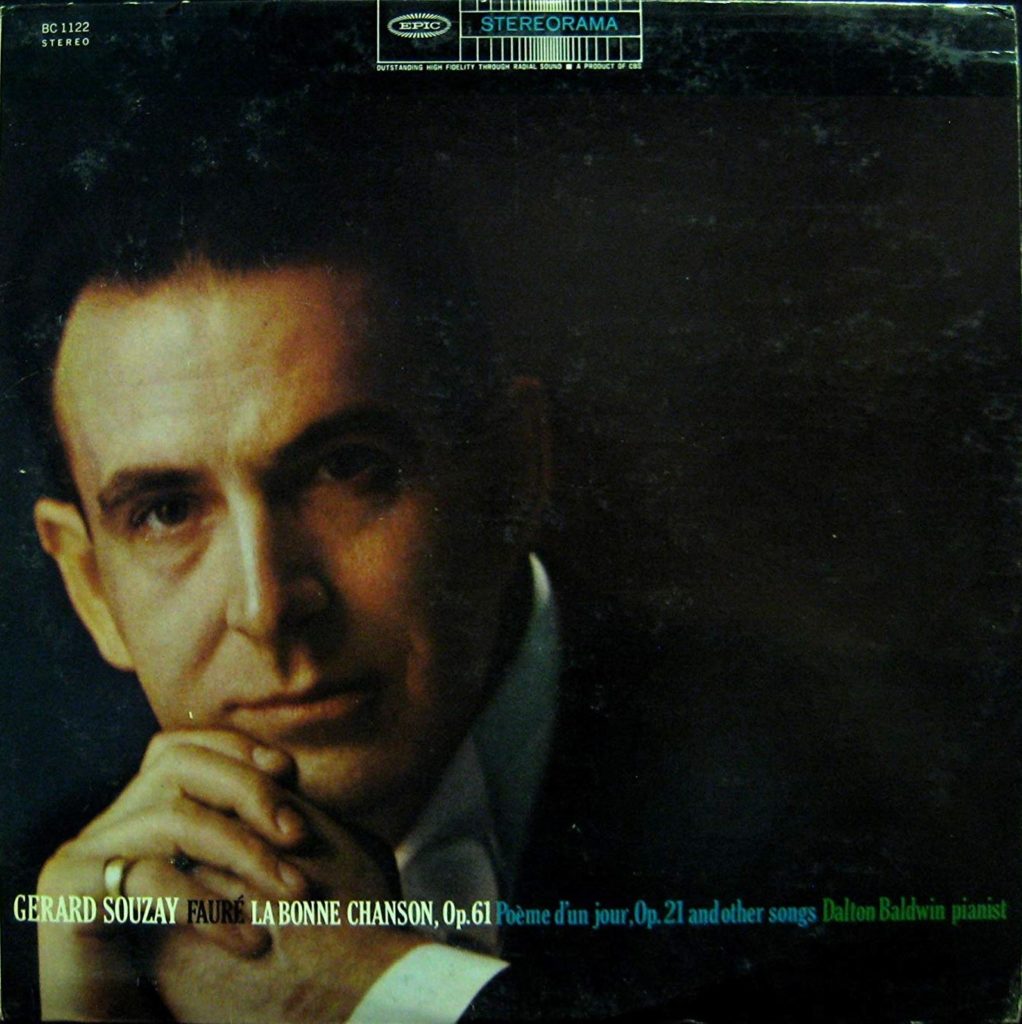
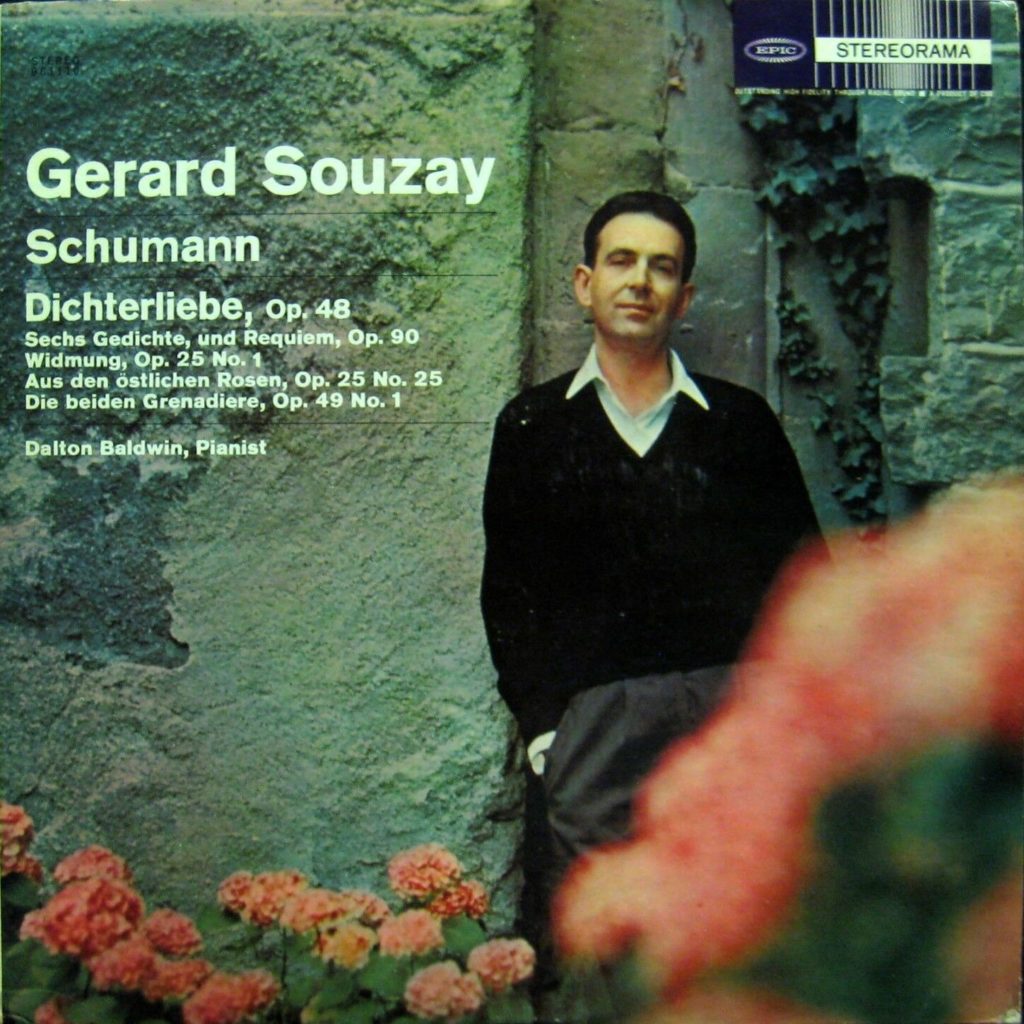
The French one formal and élégant, the German one casual and insouciant.
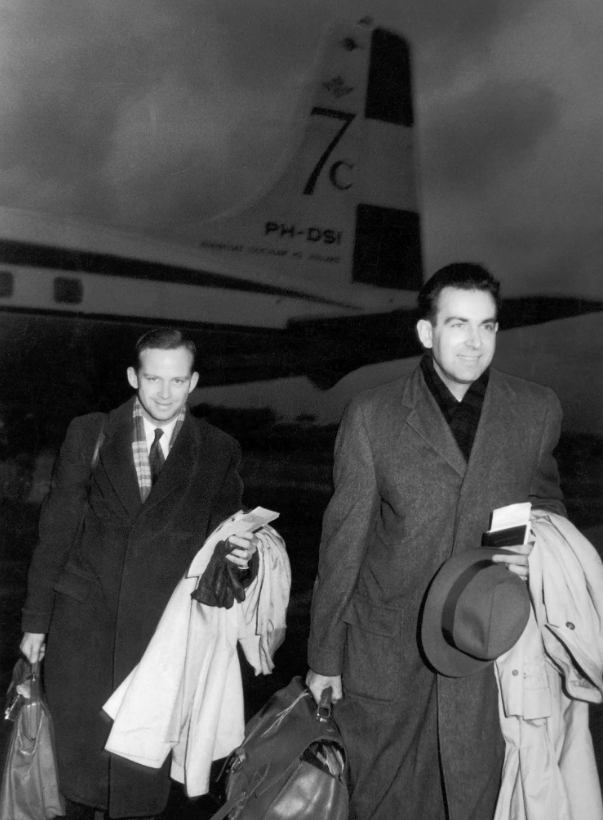
Schubert: Der Zwerg. followed later on the episode by Ravel’s Kaddish and Schubert’s An die Musik. Gérard Souzay, Dalton Baldwin. Live recordings 25 May 1960, from the Schwetzinger Festspiele. Issued in 2012 on a Hänssler Classic CD (93.717). These are the most recent recordings I used on this episode. They document Souzay’s longest-standing partnership, with the American pianist Dalton Baldwin. Certainly the recordings they made together, particularly in the early- to mid-60s, represent an artistic peak for Souzay, when his voice was still functioning quite well and his interpretive abilities had attained even greater heights than previously.
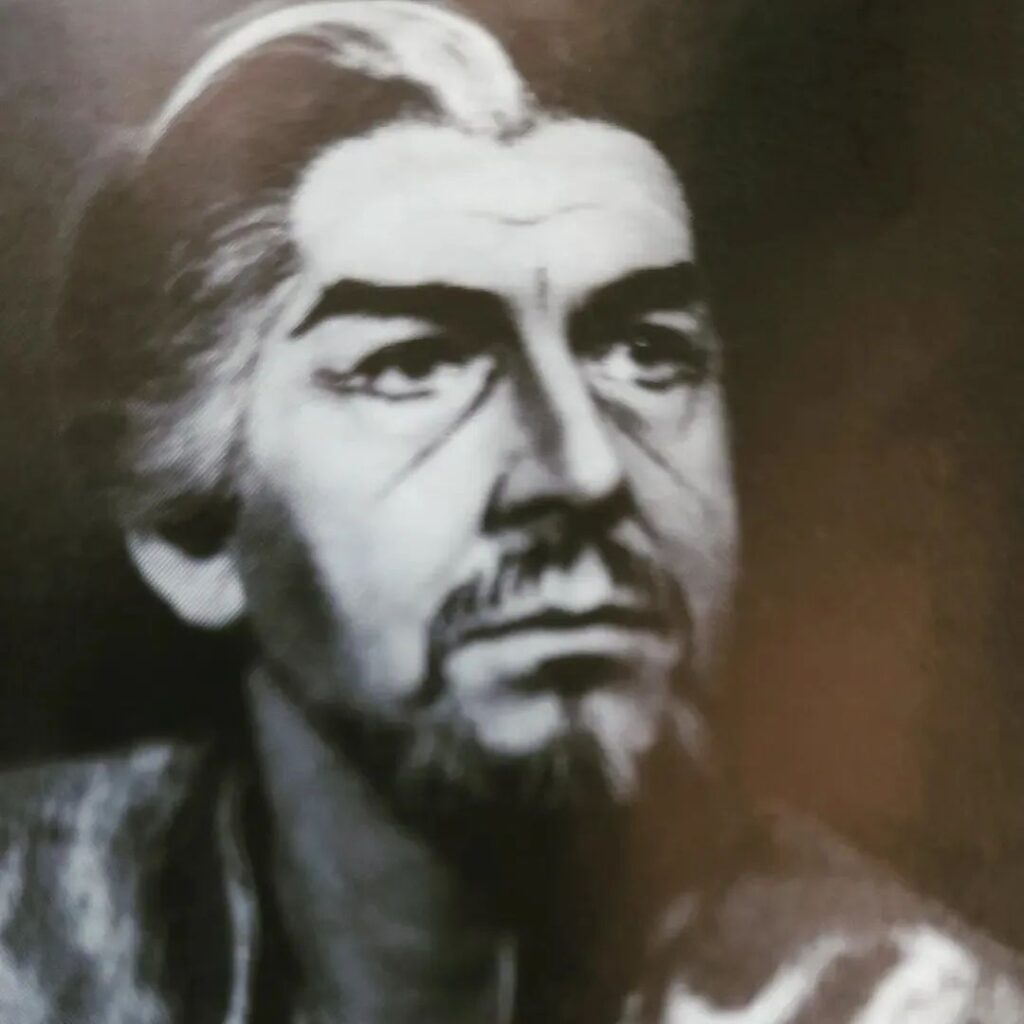
Claude Debussy: Ils s’embrassent quelquefois? (Pelléas et Mélisande). Radio France recording of a live recording from the Théâtre des Champs-Elysées. 17 November 1955. Gérard Souzay (Golaud); Nicole Robin (Yniold); Désiré-Émile Inghelbrecht conducting l’Orchestre National et les Choeurs de la R.T.F. The cast includes Françoise Ogéas (Mélisande); Jean-Paul Jeannotte (Pelléas) [previously unknown to me, but superb!]; Roger Gosselin (Arkel); Janine Collard (Geneviève) and Jacques Mars (le Berger; le Médecin). Inghelbrecht (1880-1965) is an incredibly important conductor, especially vis-à-vis Debussy. He was the chorus master for the first performance of that theatrical hybrid Le Martyre de Saint Sébastien and fortunately left a series of recordings, both radio and studio, of many of Debussy’s most important works. These include at least three other recordings of Pelléas , two of which feature the superb Belgian soprano Suzanne Danco as Mélisande (and yes, rest assured that there there will be future podcast episodes on this estimable artist). This is the only of Inghelbrecht’s traversals in which Souzay’s Golaud is heard, however. I remark on the podcast how the tension created in this scene, as well as others, is nearly unbearable. If you click on the link, you will be taken to a page on the Institut national de l’audiovisuel (INA)’s website where you can listen to the entire work as it was originally broadcast on 24 November 1955.
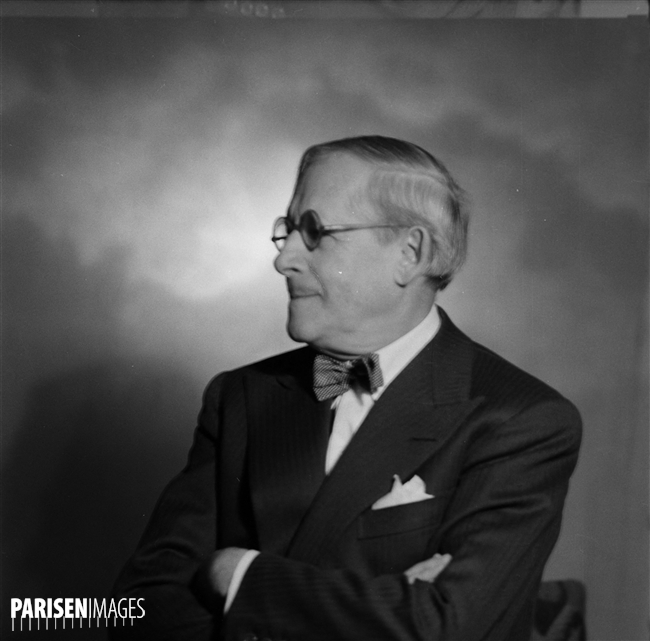
I only wish that I had had more time to put a more thorough episode together. There are interviews to be done with persons who knew and worked with Souzay; there are many more recordings to explore, including a few rare ones which I have acquired recently and others which I am still trying to get my hands on. My life in the next several months is insanely busy (especially for a sickly homebody like me!) but I hope to bring you more episodes in the future, perhaps even a series on this singer, who certainly changed my life (I didn’t even get into my first experiences hearing his voice!) It should be said, in closing, that Souzay was also a gifted painter who pursued a distinctive and pleasant (to me) style. You can view some of his work here. When “my ship” comes in, I would love to have one of these works in my home! (A guy can dream, can’t he?) Also, here is the link to an important interview he did with Richard Dyer for the New York Times in 1975, one of the last years in which he was consistently giving vocally viable performances. Also incredibly moving is this tribute to Souzay, written after his death by Donald Collup.
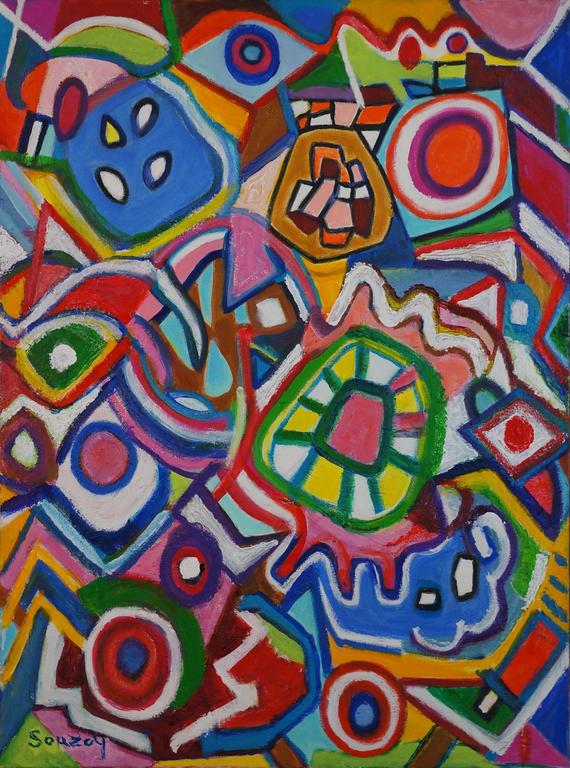
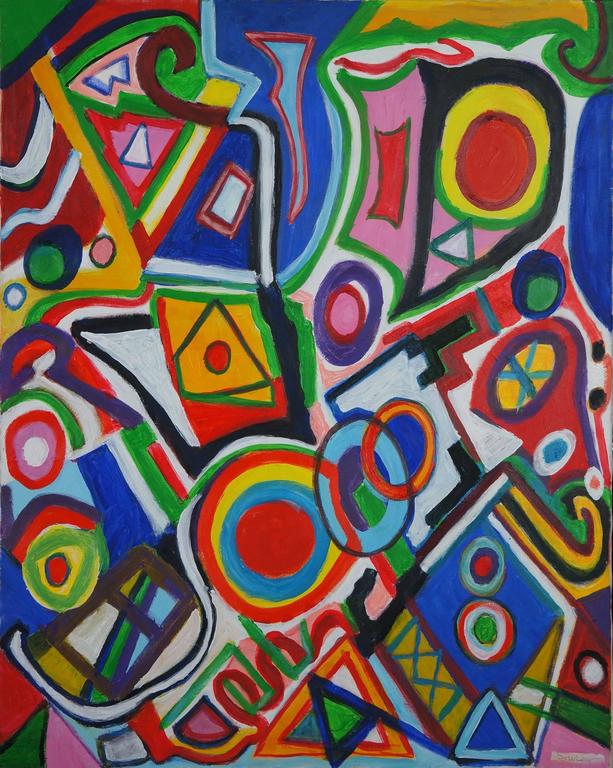
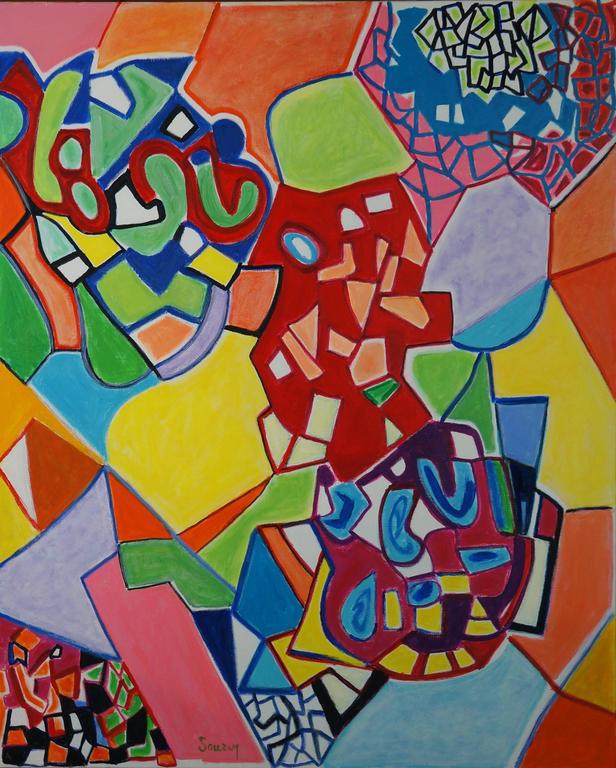
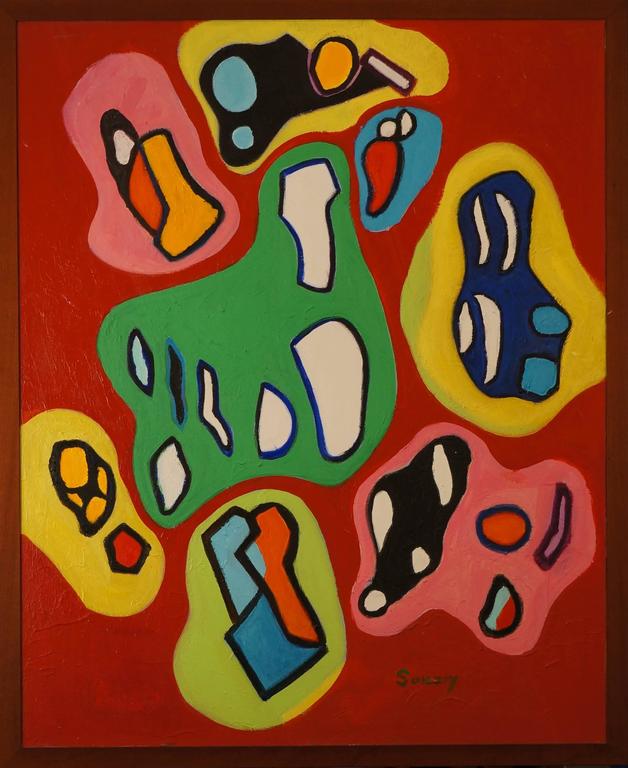
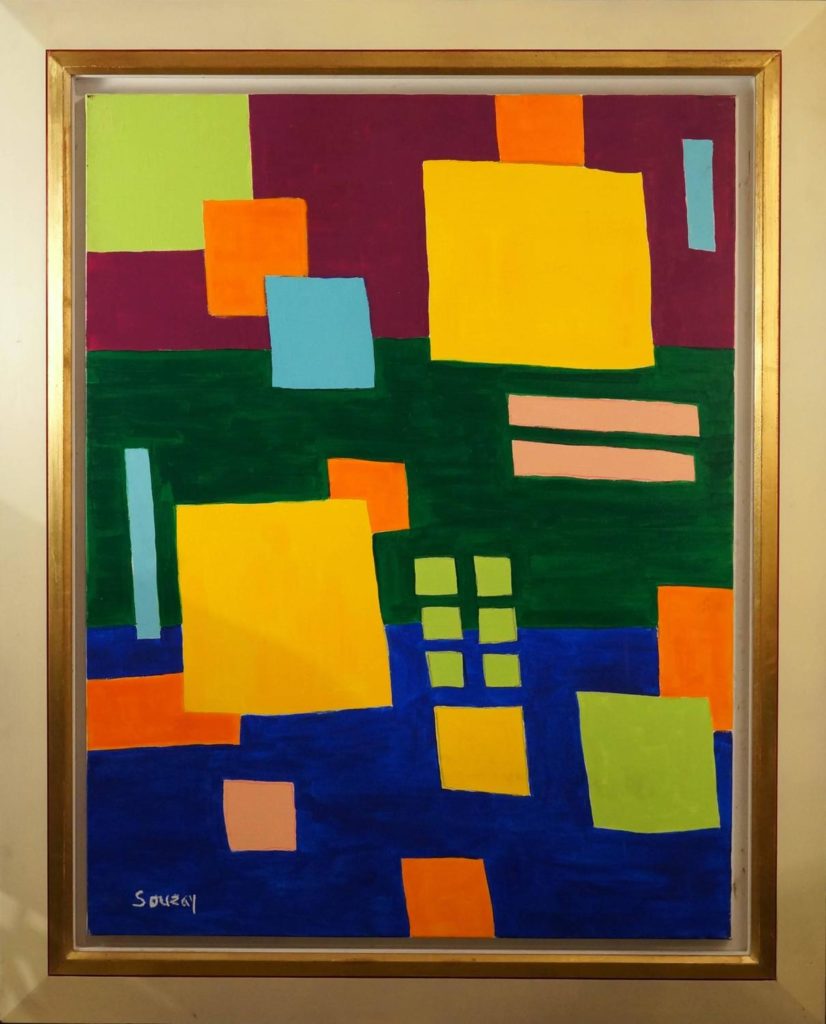
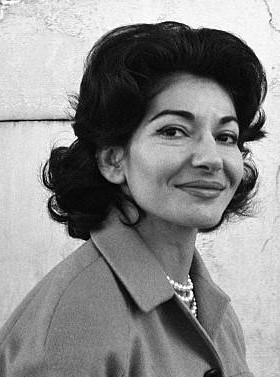
Finally I offer a little Nachschlag in this episode: tributes to two of the most significant musicians in my personal experience who each underwent significant life events on 2 December (when this episode was first posted in 2019): In 1923, Maria Callas was born in New York at what was then called the Flower Hospital. In her honor, I offer an excerpt from one of her first recordings, the “Vien diletto” from Bellini’s I Puritani recorded in 1949 for Cetra Records with Arturo Basile conducting the Orchestra Sinfonica di Torino della RAI.
And on 2 December 1950 in Genève, the great Rumanian pianist Dinu Lipatti lost his mortal struggle against Hodgin’s disease at the age of only 33 years. I speak a little about my first encouter with his playing at the end of the podcast, and offer a sample from his final recital, recorded on 16 September 1950 in Besançon, of the Schubert Impromptu in G♭ major, D.899, No. 3. For anyone who cares to learn more about Lipatti, please refer to any number of marvelous studies and analyses on The Piano Files, the website of the scholar and collector Mark Ainley, who is one of the foremost Lipatti experts on the planet (if not the foremost!)
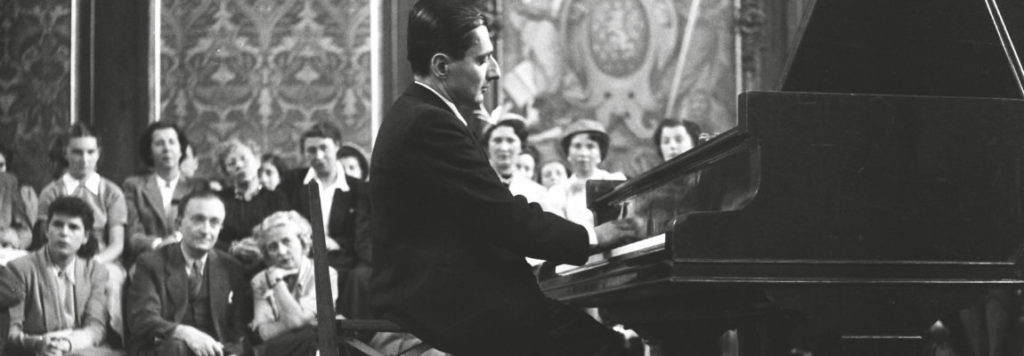
I cannot imagine my life without any of these three artists: Souzay, Callas, or Lipatti. We are blessed that the stars aligned in such a way that they were able to grace us for a short time with their presence.
